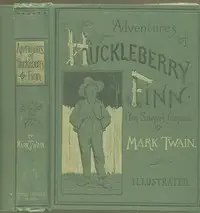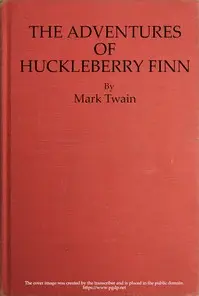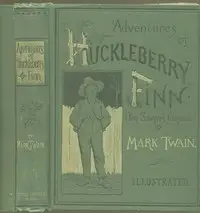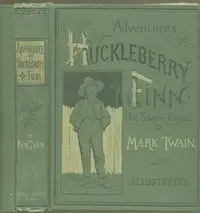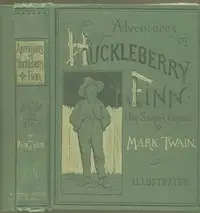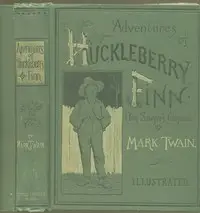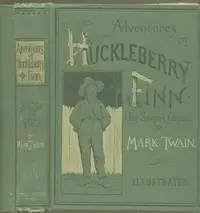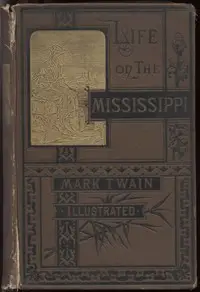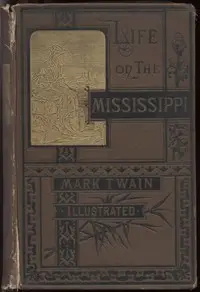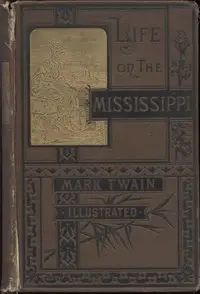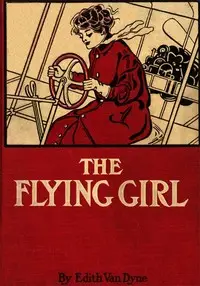"Adventures of Huckleberry Finn, Chapters 11 to 15" by Mark Twain is a tale set in pre-Civil War America that follows a boy named Huck Finn as he journeys down the Mississippi River with Jim, a runaway slave. The story continues to unravel the complexities of friendship and identity, with encounters that highlight views on morality and society through Huck's clever escapades and disguises used to gather information and avoid capture. Tensions rise as Huck uncovers more about the town's views on his family and Jim's situation, adding layers to their friendship as they discuss their hopes, while the story explores themes of trust, betrayal, and moral dilemmas.
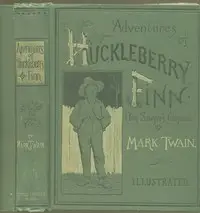
Adventures of Huckleberry Finn, Chapters 11 to 15
By Mark Twain
Aided by disguises and wit, a resourceful boy and a runaway slave navigate a treacherous river, challenging social norms and discovering the true meaning of freedom and friendship in a morally conflicted world.
Summary
About the AuthorSamuel Langhorne Clemens, known by the pen name Mark Twain, was an American writer, humorist, and essayist. He was praised as the "greatest humorist the United States has produced," with William Faulkner calling him "the father of American literature." Twain's novels include The Adventures of Tom Sawyer (1876) and its sequel, Adventures of Huckleberry Finn (1884), with the latter often called the "Great American Novel." He also wrote A Connecticut Yankee in King Arthur's Court (1889) and Pudd'nhead Wilson (1894) and cowrote The Gilded Age: A Tale of Today (1873) with Charles Dudley Warner.
Samuel Langhorne Clemens, known by the pen name Mark Twain, was an American writer, humorist, and essayist. He was praised as the "greatest humorist the United States has produced," with William Faulkner calling him "the father of American literature." Twain's novels include The Adventures of Tom Sawyer (1876) and its sequel, Adventures of Huckleberry Finn (1884), with the latter often called the "Great American Novel." He also wrote A Connecticut Yankee in King Arthur's Court (1889) and Pudd'nhead Wilson (1894) and cowrote The Gilded Age: A Tale of Today (1873) with Charles Dudley Warner.

